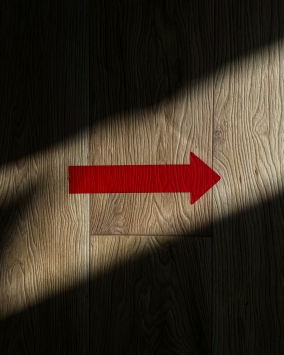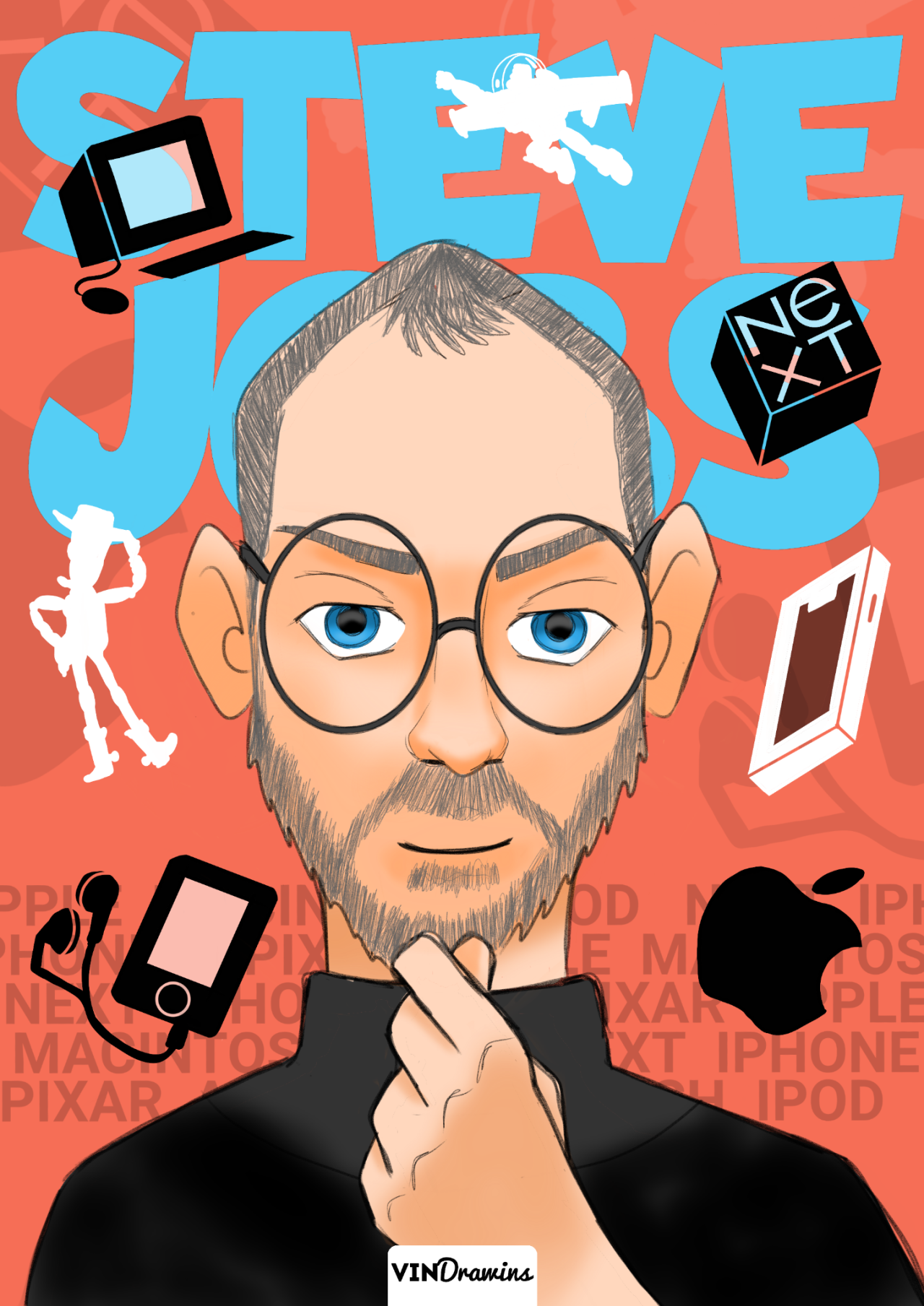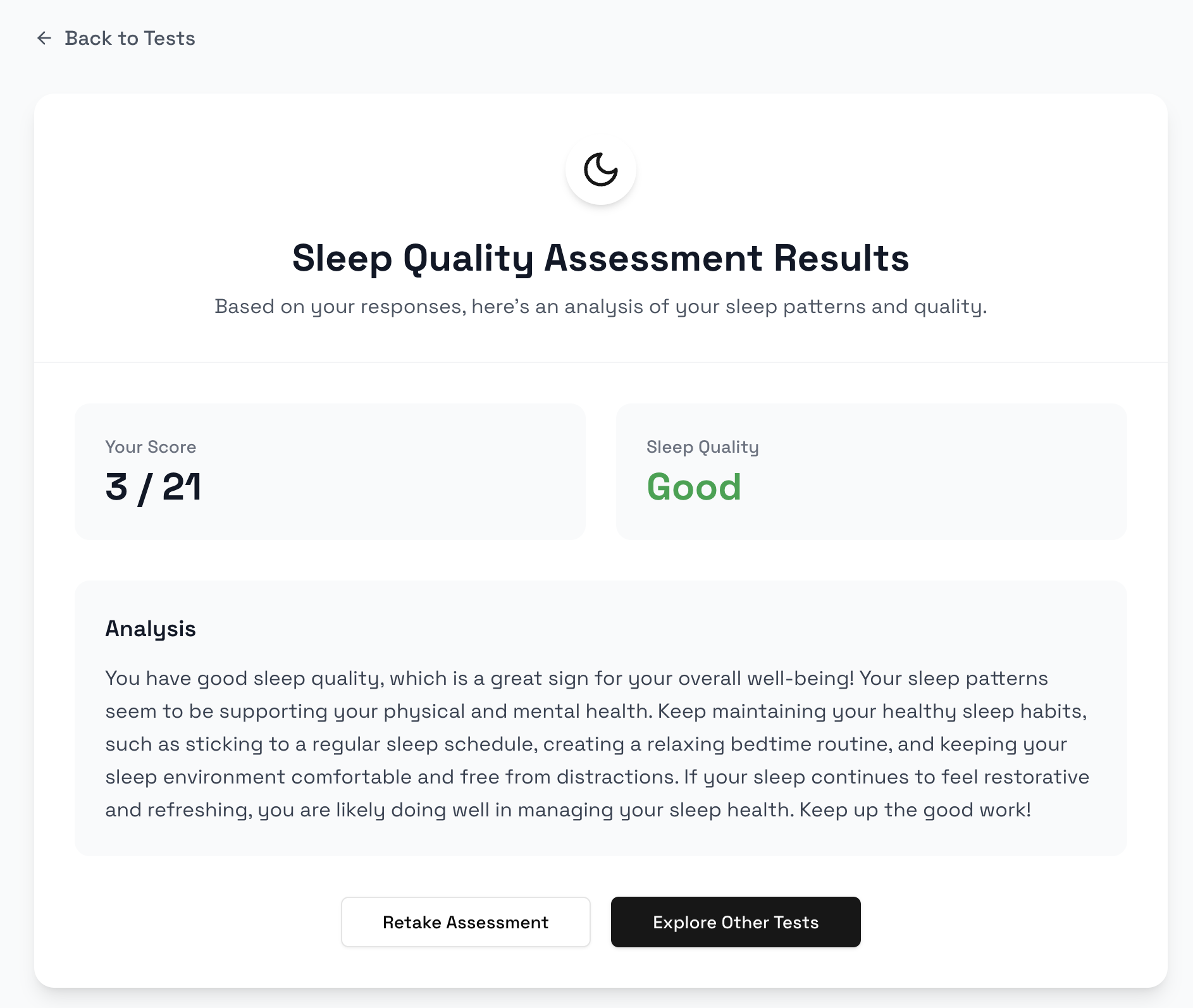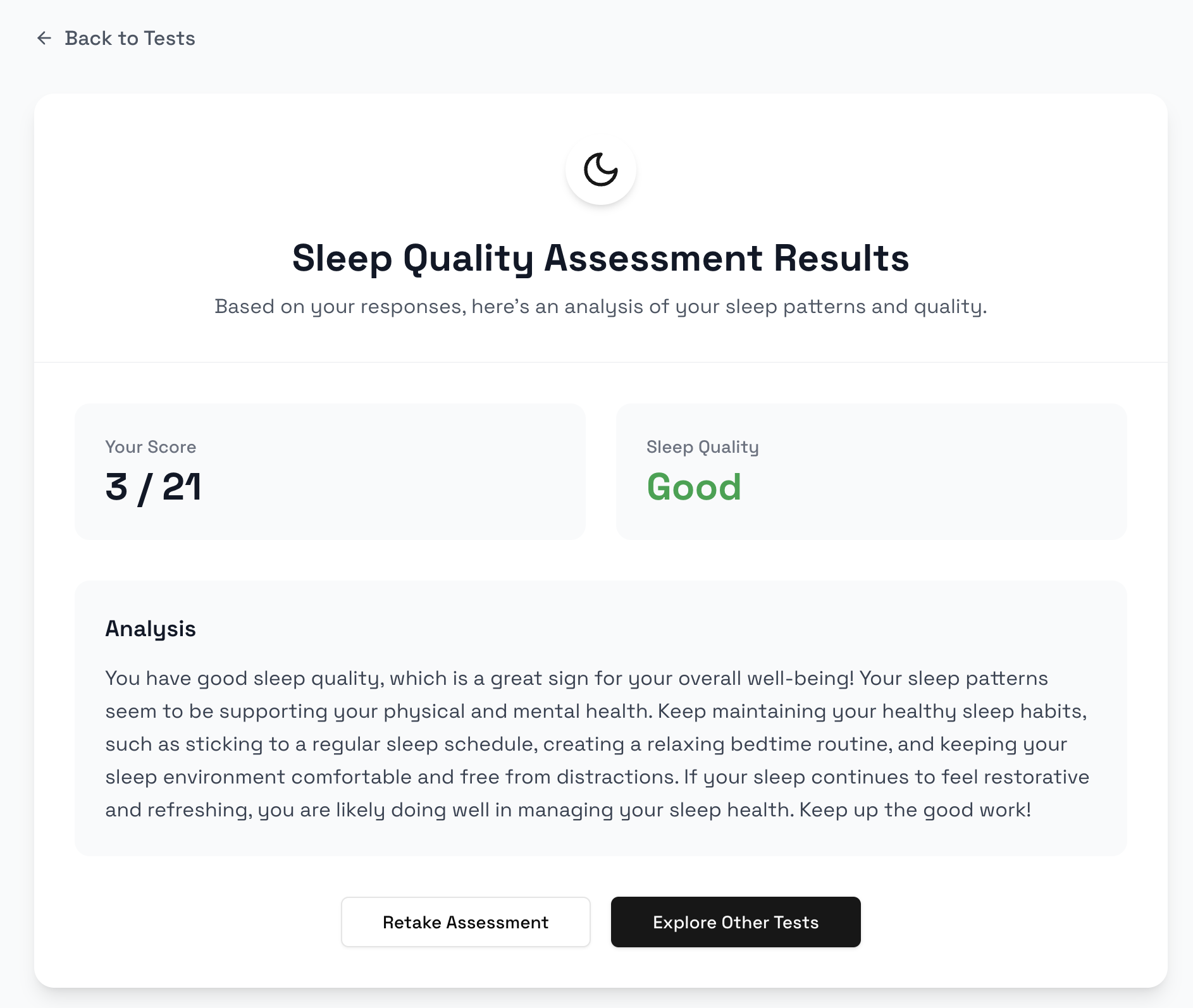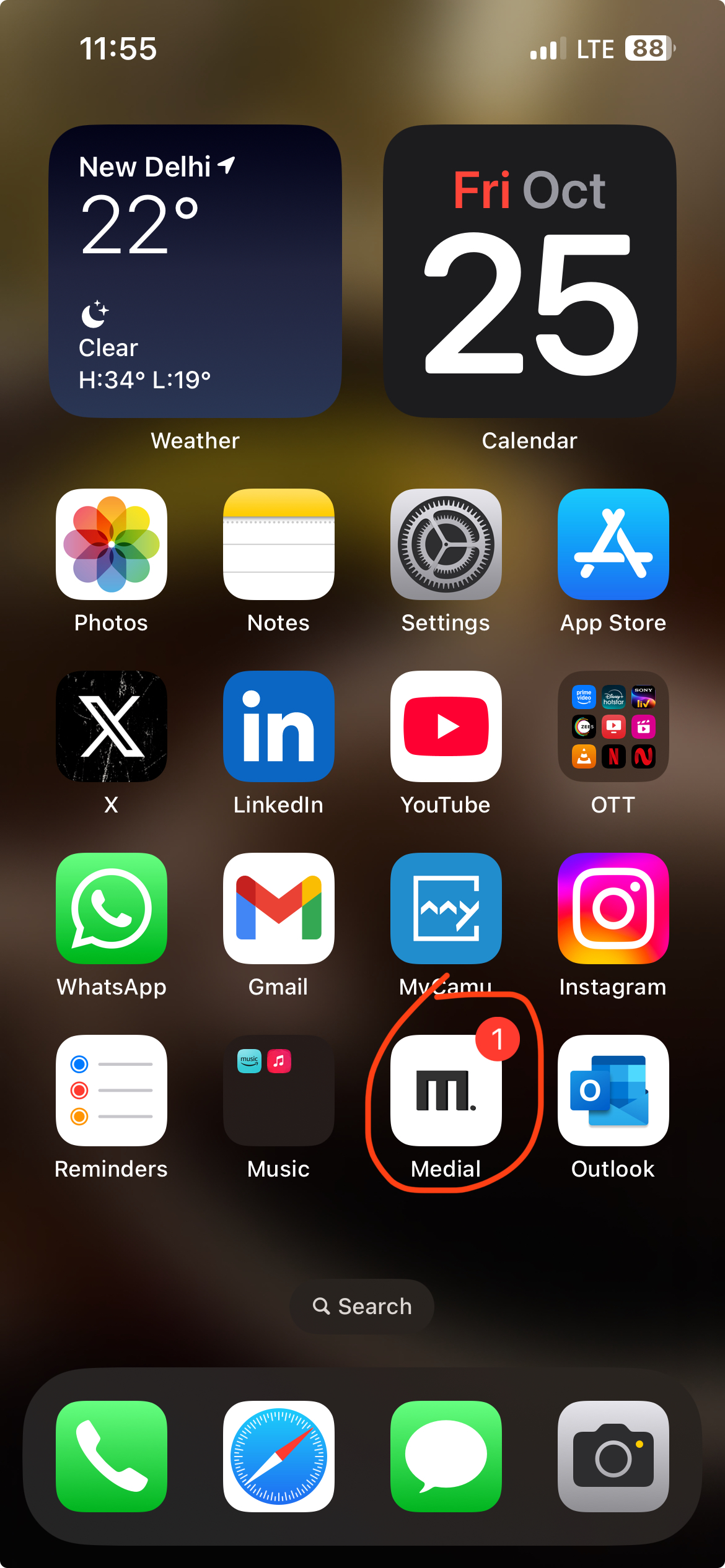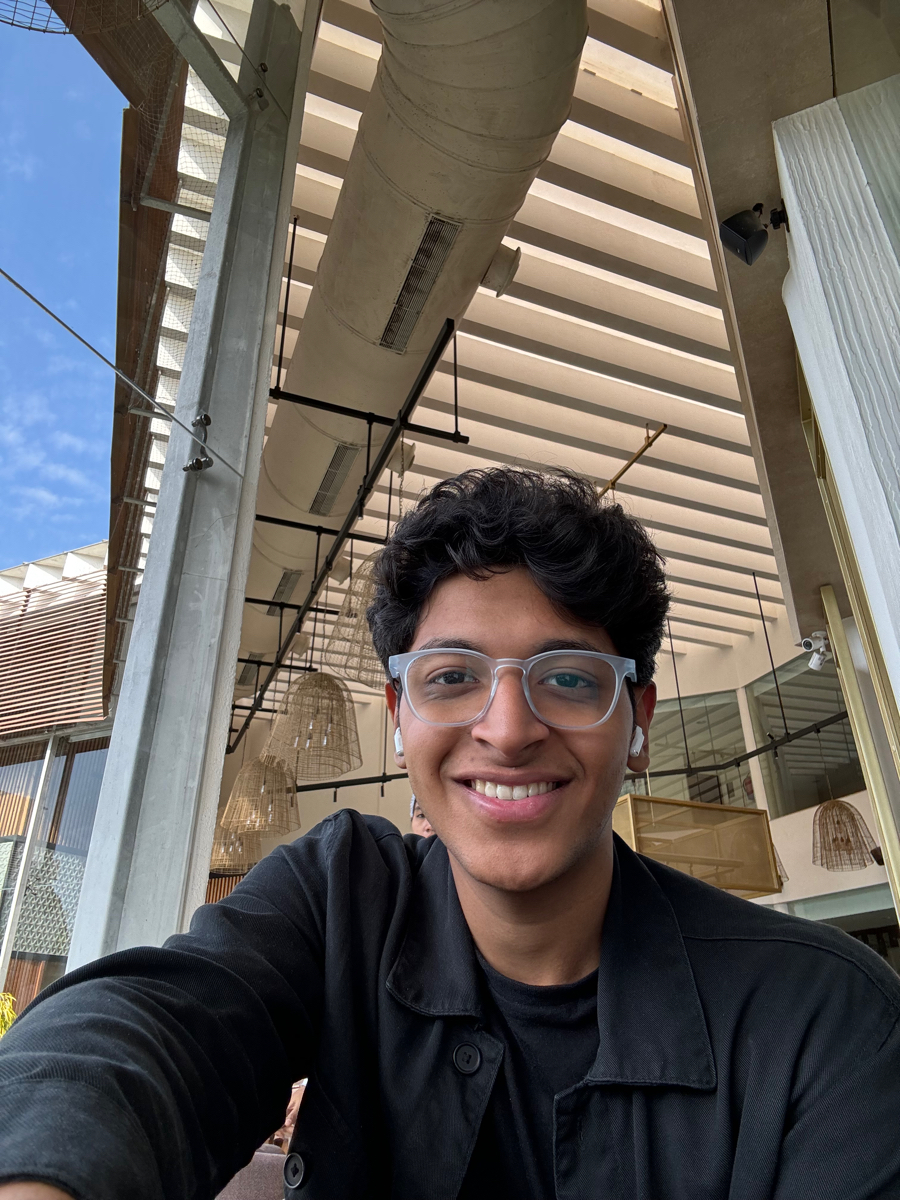Back
Amandeep Singh
Co-Founder @ The Waf... • 2m
The real question isn’t just "Who’s winning?"—it’s "Who’s losing, and for how long?" The traditional food delivery model thrives on artificial economics—burning cash today in the hope of monopolizing tomorrow. It’s a cycle where restaurants pay more, customers get tricked into discounts, and delivery partners hustle for peanuts. Eventually, someone has to pay the real price—whether it's through unsustainable commissions, hidden markups, or shrinking incentives. But here's the catch: If the cycle breaks, does it truly get better, or does it just reset with a different winner? Xces claims a fairer model, and on paper, it looks promising—lower commissions, better driver payouts, and direct savings for customers. But the real test isn’t just in what’s written; it’s in execution, longevity, and adaptability. The industry doesn’t need another disruptor that shifts margins—it needs a model that can sustain itself without burning capital or squeezing one player over another. If Xces can prove that fairness is profitable, not just idealistic, then maybe—for the first time—everyone wins.
Replies (1)
More like this
Recommendations from Medial
Download the medial app to read full posts, comements and news.





